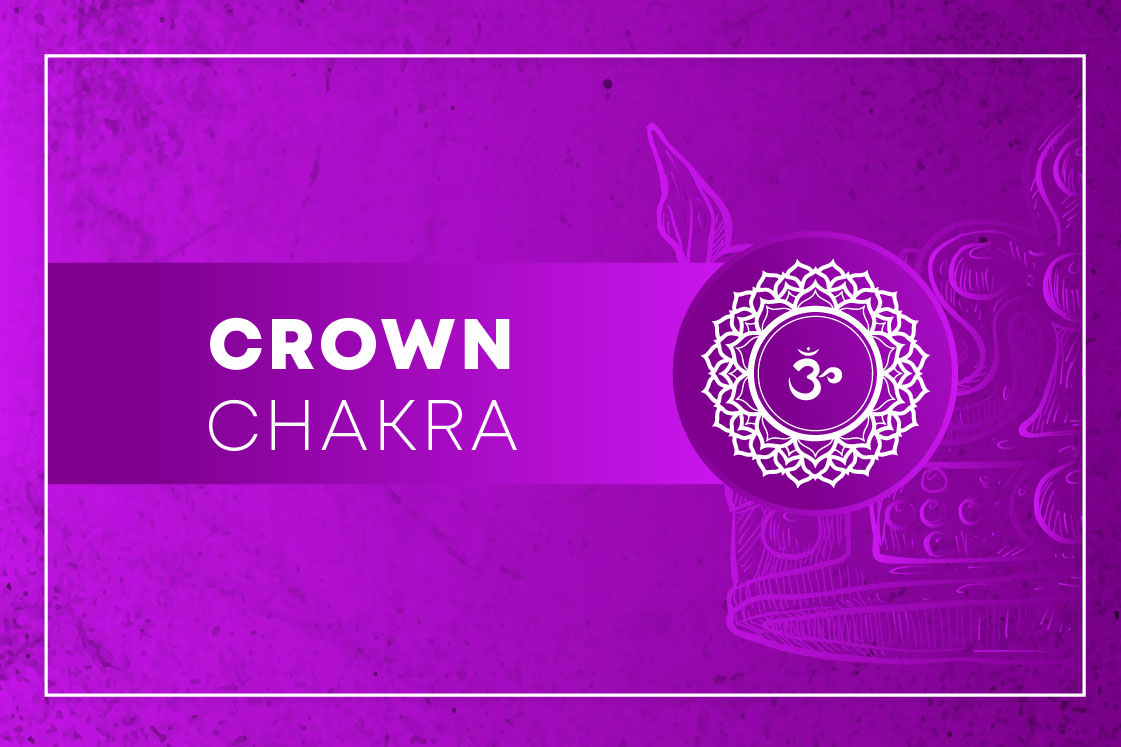Education isn’t one size fits all, this M’sian site tailors English lessons for rural kids
GuruLab is a Malaysian online personalised tutoring platform to help students understand and learn the English language better.

Besides school, tuition has been known to provide a solid foundation for students to continue learning.
The objective of tutoring sessions is to dive deep into the root cause of a problem through targeted questions and tasks that may not necessarily be provided to students in a classroom.
Co-founders, Kai Song and Vicky of GuruLab are in support of this notion. GuruLab is an online learning platform that focuses on leveraging technology to collect data on students’ performances, analyse them, and provide targeted intervention.
Through technology, the co-founders hope to bridge the learning gap between rural and urban students.
 Kai Song (left) and Vicky Tan (right) / Image Credit: GuruLab
Kai Song (left) and Vicky Tan (right) / Image Credit: GuruLabIt’s long been said to be a tough task, but they’re optimistic about change. “The possibility of filling the education gap in the future is attainable with mobile devices and other readily available learning gadgets,” shared Kai Song.
Though the majority of their students are currently from the Klang Valley, the team are always on the lookout for new ways to further expand GuruLab across the country.
Transforming the one-size-fits-all approach
“When I was 18, I mobilised 200 youths and founded my first non-profit education to help underprivileged communities access tertiary education,” Kai Song told Vulcan Post.
After personally witnessing the impact of good education on one’s life trajectory, Kai Song knew that she would eventually contribute to the education landscape.
She first graduated with a Masters in Information Engineering at Cambridge University with a Machine Learning focus.
Then she decided to move back to Malaysia when she saw the opportunity to use data science to reinforce learning within the Malaysian education system.
Since then, she has gained the technical foundation in transforming the traditional “one-size-fits-all” approach to education with data-driven strategies.
Vicky on the other hand discovered her passion for teaching while taking a gap year. “It became apparent that students with good English skills typically tend to do better in school and can easily apply for university admissions and scholarships,” she described.
Learning English can be extremely challenging for students who have difficulty connecting simple sentences without making grammatical mistakes.
Hence, Vicky’s mission is to make the experience more engaging and effective for students.
That calling was cemented when she pursued a Masters in Education from the University of Oxford. However, instead of continuing her journey as a teacher, she chose to start an EdTech company because she believes that’s how she can create a greater impact using technology.
“When I founded Veritas Academy, I discovered that the best technique is to provide detailed feedback to students and monitor their progress in key areas over time to tailor my lessons accordingly,” said Vicky.
Within time, her students made tremendous progress as a result of personalised training. Thus, GuruLab was founded with the same purpose, to personalise English learning for everyone.
To be a guru
“We are building towards a data analytics platform that can run the GuruLab methodology more and more intelligently every day,” Kai Song said.
The platform’s methods of personalisation include aligning the English curriculum to The Common European Framework of Reference for Languages (CEFR) standards.
This enables students from different school curriculums and examination bodies to supplement their formal language education with GuruLab.
Furthermore, when students are registered with GuruLab and after taking a placement test, they are placed in the right class that suits their current proficiency and maturity levels.
Moreover, the tutors at GuruLab are often subjected to a strict screening process before they are qualified to be a part of the team.
 Image Credit: GuruLab
Image Credit: GuruLabThe tutors are required to at least hold a degree in English or Education and a minimum English proficiency of CEFR C2/IELTS Band 8.5.
“Our tutors must be equipped with critical and problem-solving skills in order to conduct a classroom with learners of unique needs,” added Kai Song.
In addition to that, the co-founders ensure that their tutors’ core motives are aligned with the company’s ideology. They should also be capable of delivering compelling and effective lessons according to the GuruLab methodology.
When conducting classes, tutors need to understand what the students can actually comprehend and what they can’t.
Then they can provide targeted feedback for each student to correct their understanding and give them customised practices to work on.
“At GuruLab, we track things like assignment scores and school results to identify improvements in key skills such as writing and speaking,” explained Kai Song.
The team strongly believes that the more invested students are in their learning, the more benefits they can reap.
For instance, they track how “invested” students are in their learning and how often they complete assignments or challenges.
 Image Credit: GuruLab
Image Credit: GuruLabTechnology at its best
Students are often placed in smaller groups as they are always involved in presentations, role-play and other speaking activities that require them to interact with each other.
“This would encourage students with low self-esteem to communicate with one another and improve their English speaking skills,” shared Kai Song.
Moreover, online lessons can be proven more effective than lessons in physical classrooms when the tutors know exactly how to leverage EdTech tools.
“For instance, when students are taught how to write an essay on the benefits of space exploration, the online tutor can bring them on a journey to outer space by visiting websites with virtual reality experiences,” shared Kai Song.
Interestingly, the team is currently collaborating with Maxis eKelas (a non-profit initiative) in which they are planning and curating writing workshops. This is to help marginalised students improve their proficiency.
Moving forward, GuruLab will continue building its methodology in terms of content, teaching style, student engagement, and technology to support all that.
“We believe this in itself can open up opportunities to our students and improve their quality of life both directly and indirectly. This already solves some other modern-day issues that we seem to experience in Malaysia,” summed up Kai Song.
Learn more about GuruLab here. Read other articles we’ve written about Malaysian startups here.Featured Image Credit: GuruLab

 Konoly
Konoly 































